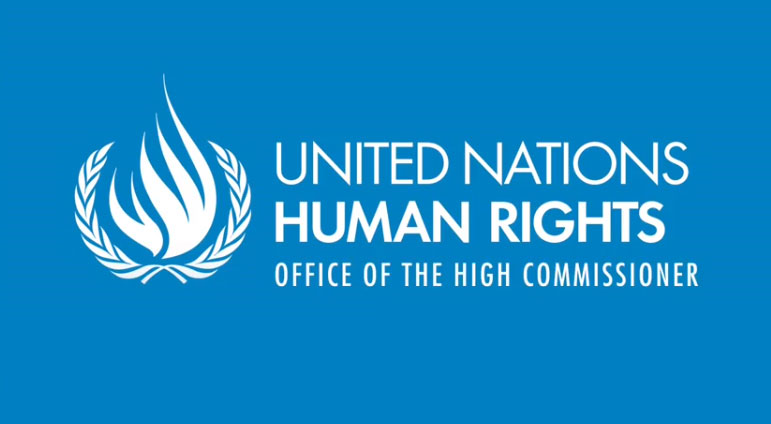Following the UN experts’ report, the Committee on the Elimination of Racial Discrimination held its 93rd session between July 31 and August 25, 2017. Acting under its “Early Warning and Urgent Action Procedure,” the Committee said it was deeply concerned “by the rise of racist hate speech and incitement to violence against the Igbo people, including through the recording and wide distribution of a song and audio message in Hausa language which describe the Igbos in hateful and derogatory terms.” It added that the Committee was “Alarmed by the public ultimatum issued by a number of northern youth groups, forums, and coalitions on 6 June 2017 calling all Igbos in northern Nigeria to leave their homes by 1 October 2017,” noting that the ultimatum “may have been recently withdrawn.”
The Committee decried “reports that other local elders and leaders have endorsed the ultimatum and expressed their support for such racist hate speech targeting and threatening the Igbos,” adding that it was “deeply worried by the information that some Igbo families have already started moving out from their villages and homes in northern Nigeria to avoid any possible harm to their personal integrity.”
The UN body drew attention to Nigeria’s membership of the Economic Community of West African States (ECOWAS) and of the African Union as well as a State party to the African Charter on Human and Peoples' Rights. It stated that Nigeria must “increase its efforts in systematically rejecting and condemning, including by high-level and local public officials and leaders, any form of racist hate speech, incitement to hatred and violence, and the dissemination of ideas of ethnic superiority.”
The UN body recommended that Nigeria “take immediate action to stop and prevent the continued circulation and dissemination of the hateful song and audio message mentioned above,” and “to exercise due diligence to halt, prevent and investigate acts of racist hate speech and incitement to hatred and violence against the Igbo people, in accordance with international human rights standards, with a view to bringing perpetrators to justice, punishing them adequately if convicted, and compensating victims.”
The UN Committee urged Nigeria to “ensure the protection of all its citizens from ethnic hatred, and take effective measures to ensure that Igbo people can fully exercise their rights stipulated in the Convention, including the right to security of person and protection against violence or bodily harm, the right to freedom of movement and residence, and the right to own property.”
It finally called on “all local and national authorities in Nigeria to promptly and firmly address the underlying causes of the ethnic tensions in Nigeria, with a view to avoiding repeated ethnic-based violence, and to promote intercultural dialogue between different ethnic groups based on diversity, respect, and inclusiveness.”
According to the Committee, the United Nations High Commissioner for Human Rights had been mandated “to draw the attention of the Economic Community of West African States (ECOWAS) and the African Union to the human rights situation of the Igbo in northern Nigeria.” Source: saharareporters.com

Comments
Post a Comment